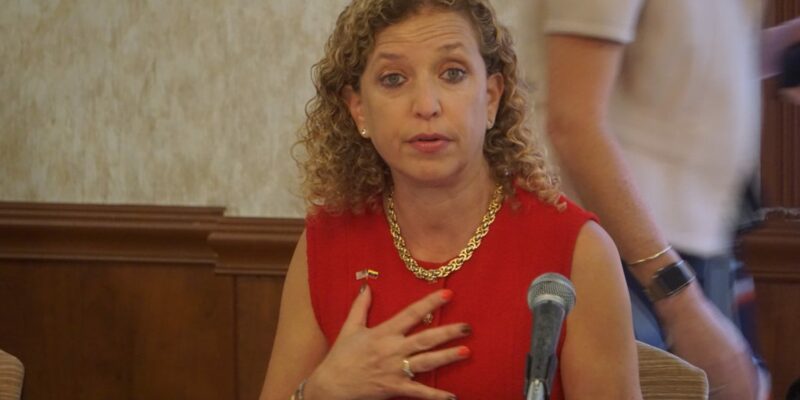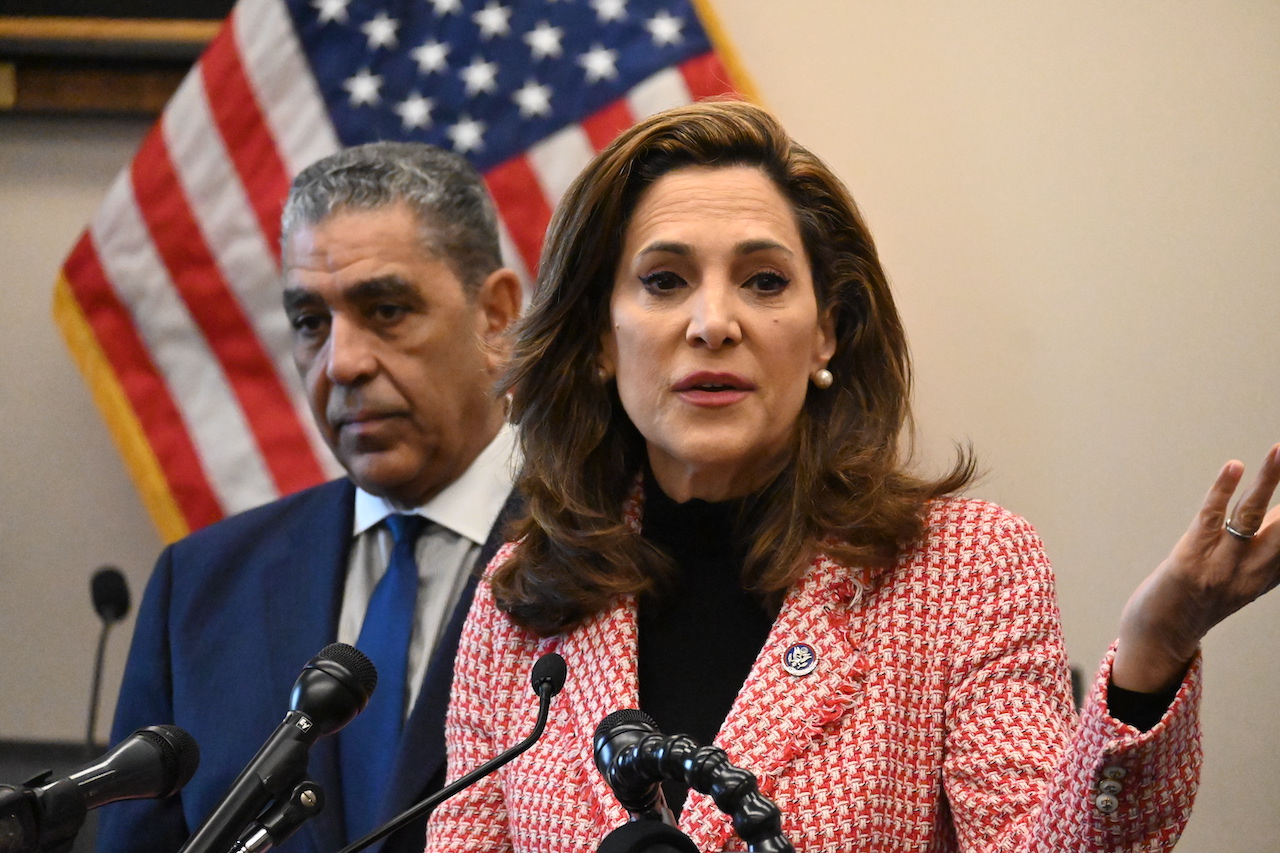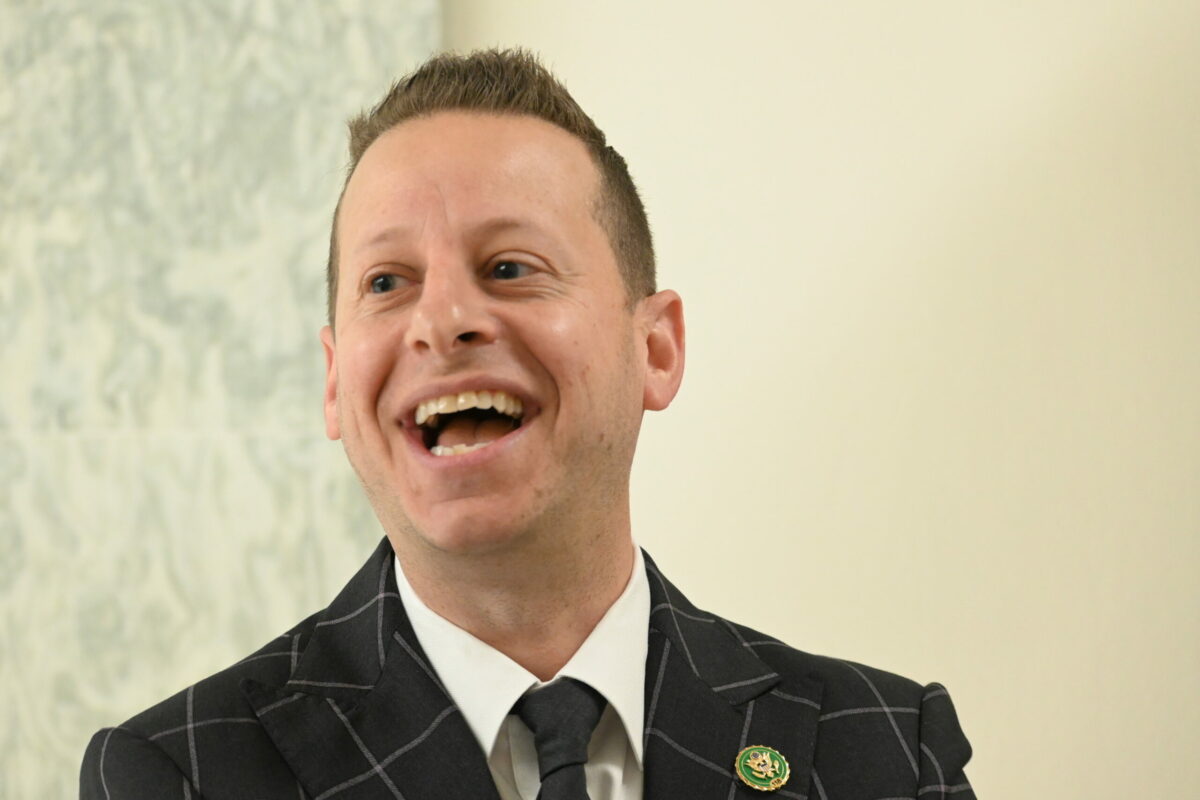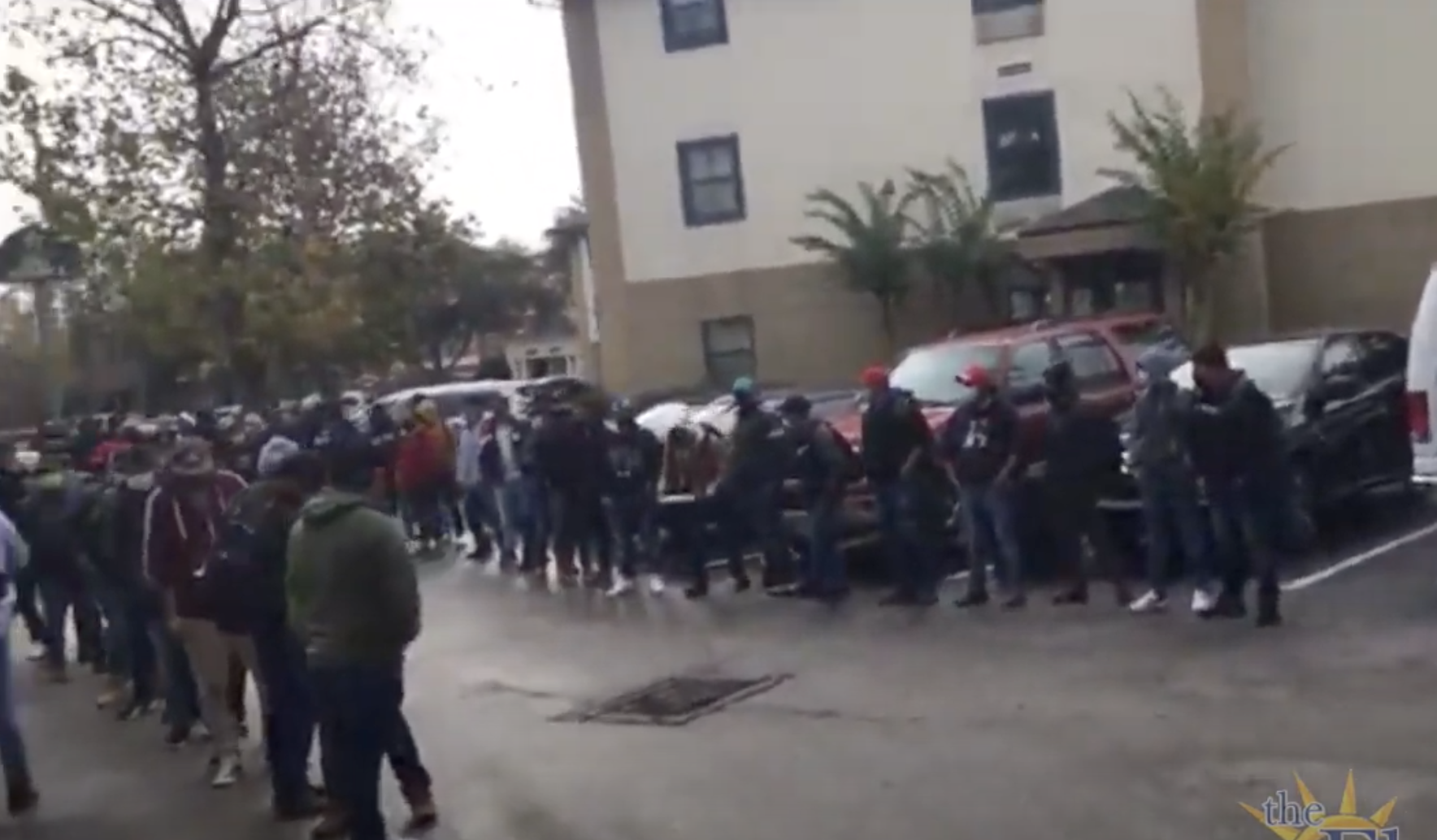Florida Rep. Debbie Wasserman Schultz (D) shared an NPR, interview segment discussing a plan from Democrats to provide “a path to citizenship in their budget framework.” The interview explored the option of a $3.5 trillion spending bill that would tackle immigration reform, and discussed the effort that includes “permanent residency for qualified immigrants in the bill through a process called budget reconciliation.” The Florida lawmaker praised "reconciliation," calling it “essential” in the process to move forward.
NPR congressional reporter Claudia Grisales detailed the effort in the interview, providing soundbites from prominent Republicans and Democrats on the matter.
President Joe Biden (D) expressed that “we should include in the reconciliation bill the immigration proposal,” and House Speaker Nancy Pelosi (D) also expressed her support, sharing that she believes “that immigration should be in the reconciliation.”
As Democrats move forward to provide that option, Senator Dick Durbin (D) asserted that “the only viable option at this time for passing a path to citizenship is through reconciliation.”
Rep. Wasserman Schultz expressed her support for the measure, saying she’s “heartened” at the effort from Senate Democrats because “it is essential that any reconciliation process provide a lifeline for immigrant families and workers.”
I’m heartened @SenateDemocrats included a path to citizenship in their budget framework. It is essential that any reconciliation process provide a lifeline for immigrant families and workers. https://t.co/0XL54s0eT5
— Rep. Debbie Wasserman Schultz (@RepDWStweets) August 16, 2021
However, not all lawmakers agree with the measure and have criticized “reconciliation.”
Senator Lindsey Graham (R) slammed the idea, adding that “no Republicans are going to vote for a $3.5 trillion socialist document.”
Both sides of the aisle continue to look for a solution to immigration concerns, and Grisales projects that “Democrats will have to go back to the drawing board if the effort fails.” However, the concerns are pressing, and “reform advocates warn the ultimate test on their progress will be delivered at ballot boxes next year.”











